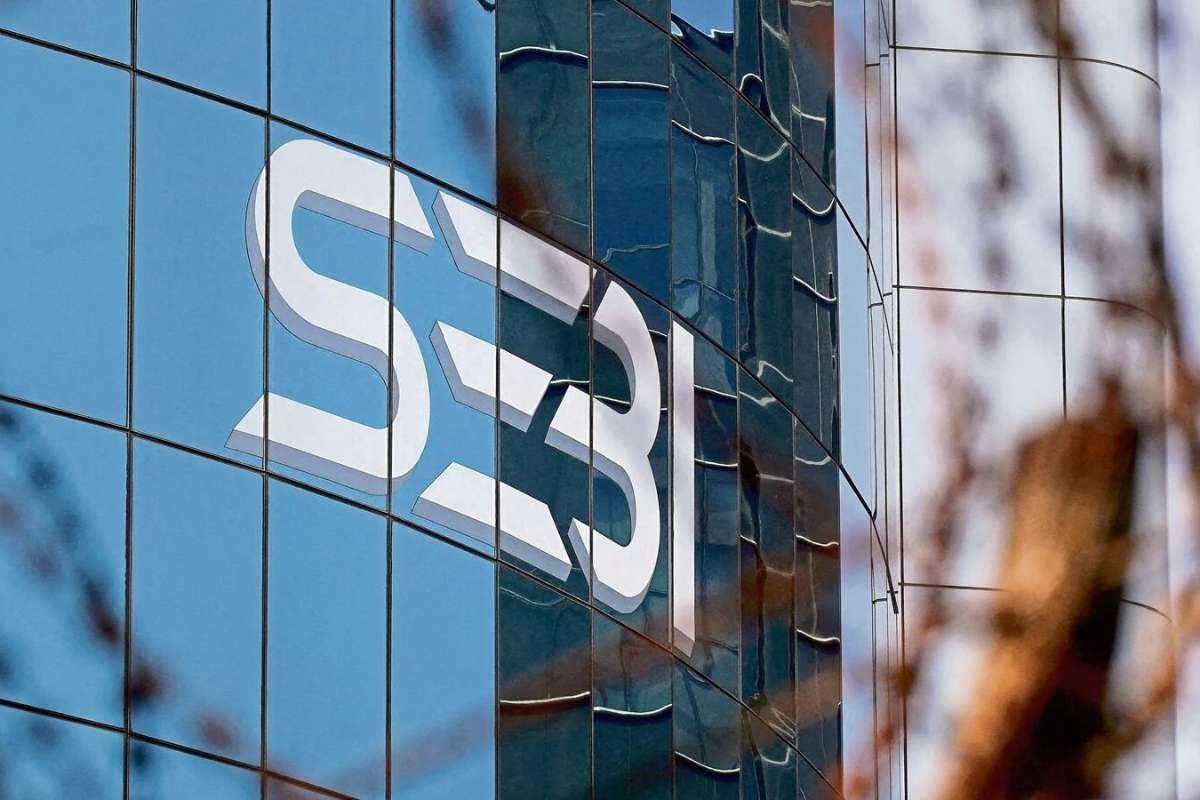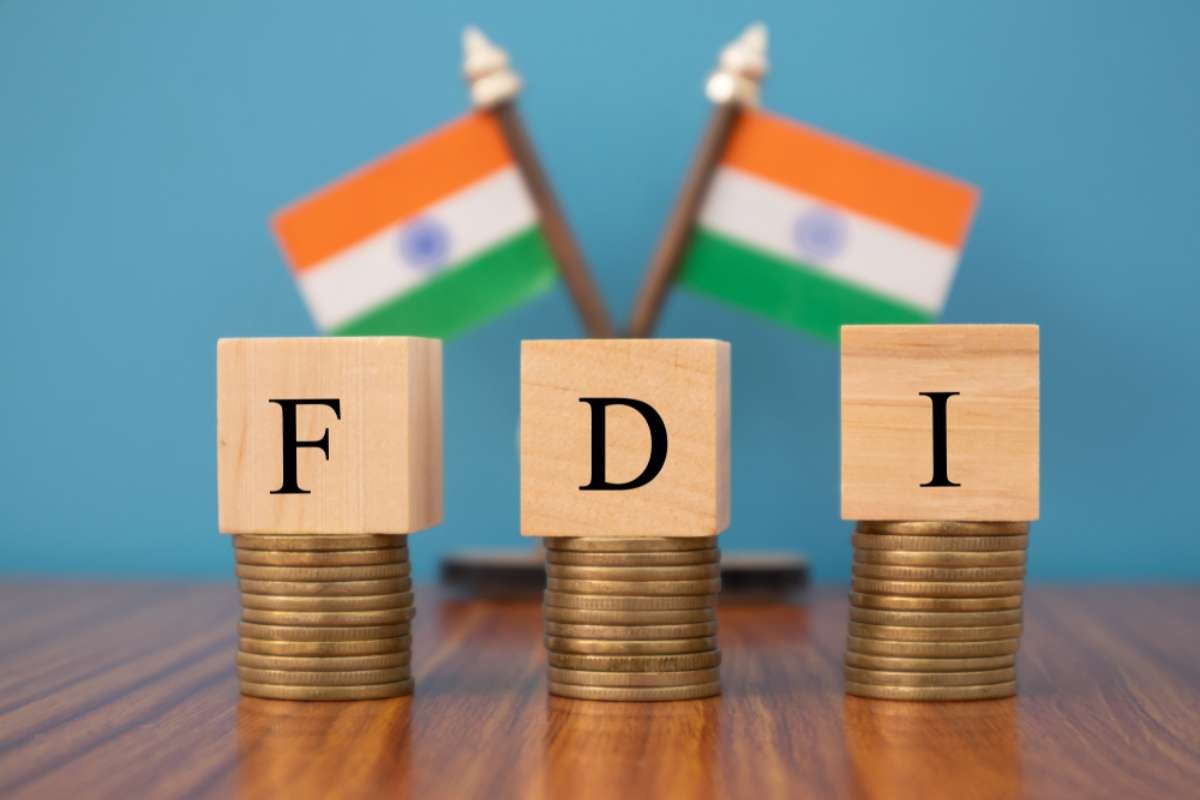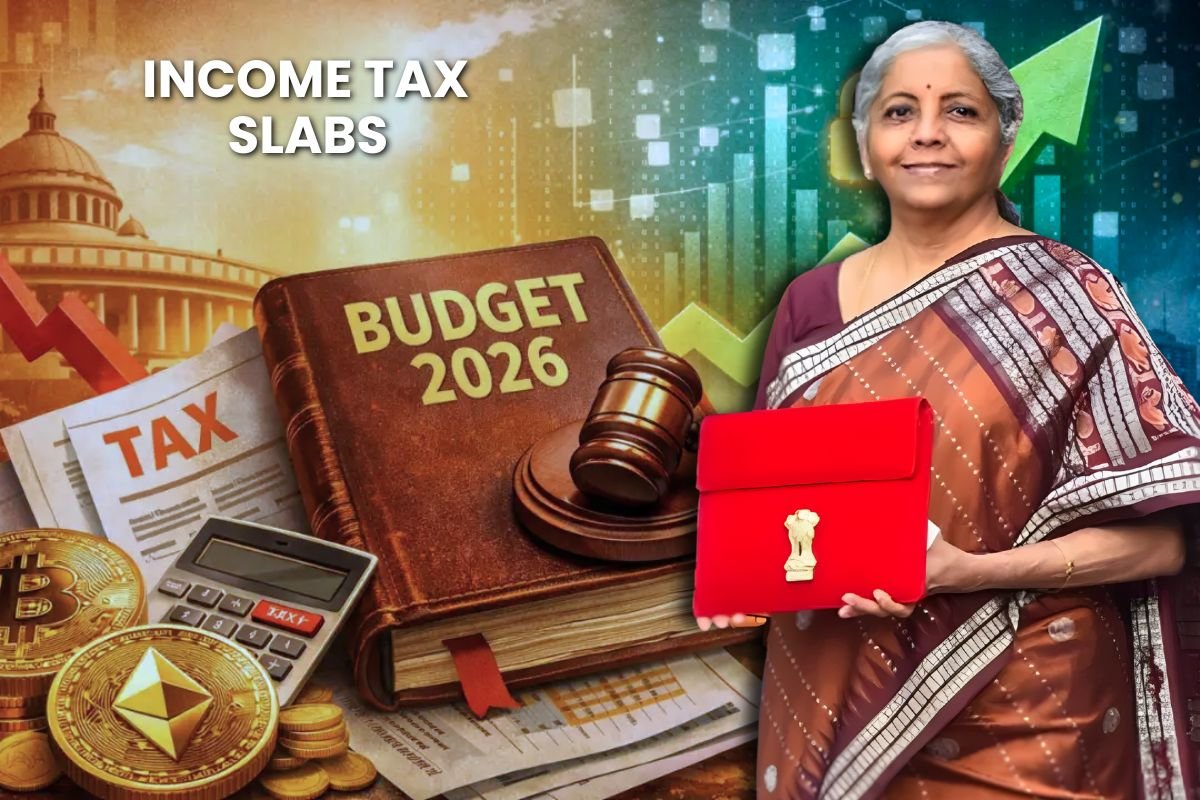Key Points:
- Sebi may extend derivative tenors to reduce speculation.
- A regulated pre-IPO trading platform is under study.
- Plans to deepen cash markets and use AI responsibly.
The Securities and Exchange Board of India (Sebi) is considering extending the tenor of derivative contracts and testing a regulated platform for pre-IPO trading in an effort to restore balance between India’s booming derivatives market and its cash segment. Chairman Tuhin Kanta Pandey outlined the potential reforms on Thursday at Ficci’s 22nd Annual Capital Markets Conference (Capam), signaling a shift in regulatory priorities toward sustainability, transparency, and investor protection.
SEBI Derivatives Reform to Curb Short-Term Speculation
Pandey said Sebi will consult stakeholders on lengthening the maturity profile of derivatives contracts so they align more closely with hedging and long-term investment objectives.
“Equity derivatives play a crucial role in capital formation, but we must ensure quality and balance,” Pandey said. “We will consult with stakeholders on ways to improve, in a calibrated manner, the tenor and maturity profile of derivative products, so that they better serve hedging and long-term investing.”
India’s SEBI derivatives market has seen an unprecedented surge in short-term trading volumes, with weekly contracts dominating activity. While this growth has boosted exchange turnover, it has also raised concerns about excessive speculation, retail investor losses, and manipulation by high-frequency trading firms.
Market reaction was swift: BSE shares dropped 7.7 percent on speculation that Sebi could move to discontinue weekly contracts. Pandey, however, clarified that no immediate ban is being considered, suggesting instead that reforms will be phased in gradually. Supporting this stance, Sebi Whole-Time Member Ananth Narayan emphasized that any changes would need to be “achieved in a calibrated manner, giving the system adequate time to adjust.”
Pre-IPO Trading Platform Under Consideration
Alongside SEBI derivatives reform, Pandey floated the idea of a pilot platform to allow regulated trading in pre-IPO companies. Such a venue would enable investors to access unlisted shares with standardized disclosures, providing an alternative to the opaque grey market that currently dominates pre-listing activity.
“In a booming IPO market, investors are eagerly anticipating what is next, yet pre-listing information is not enough for investors to make an investment decision,” Pandey said. “Can we think of an initiative, on a pilot basis, for a regulated venue where pre-IPO companies can choose to trade, subject to certain disclosures?”
A government official confirmed that the Ministry of Corporate Affairs (MCA) has received details of Sebi’s proposal. The framework, if implemented, would bring greater transparency, allow for tax collection on unlisted share transactions, and improve price discovery for upcoming listings. The initiative echoes proposals made earlier this year by Sebi’s former leadership to address unregulated grey market trading.
Strengthening Market Depth and Governance
Beyond SEBI derivatives and pre-IPO reforms, Pandey underscored the importance of strengthening India’s cash equities market, where daily trading volumes have doubled over the past three years but remain overshadowed by derivatives. Expanding participation and improving liquidity in the cash segment is seen as critical to ensuring long-term capital formation.
The chairman also urged industry players to identify new fundraising mechanisms and innovative asset classes that could expand both demand and supply of capital. “Much more needs to be done to deepen the cash equities market,” Pandey noted.
Pandey’s address also touched on technology’s growing role in financial markets. He stressed that artificial intelligence should serve as an aid in areas such as customer engagement, risk assessment, and fraud detection, not as a replacement for human judgment. Additionally, he highlighted the need for faster rumor verification and clearer investor communication to strengthen trust in India’s capital markets.
Visit more of our news! Business Viewpoint Magazine.








